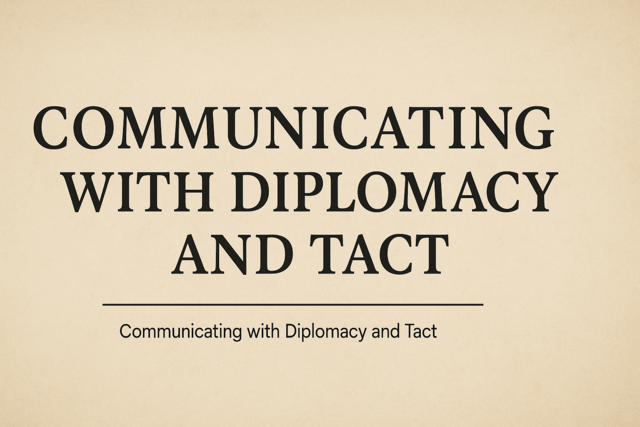We have all kinds of commitments we are responsible for � work, family, personal aspirations.
Some of our commitments are invisible, unconscious, or things that we may not be aware of, but they drive us just the same.
The commitments, projects, and "have-to's" that are in your head take away your focus. They don't allow you to be fully present, or to be productive. They usually need to be clarified and sorted out. So, you need to decide what is important and when you'll get them done. They need to be written down in order to do that. Get things out of your head!
By writing everything down, by emptying your head, you will see what there is to deal with. Then you can begin to clarify, and identify, what steps need to be taken next to complete the task.
Exercise 1.
1. Write down the first thing that comes to mind that you haven't done today.
_______________________________________________________________________
_______________________________________________________________________
_______________________________________________________________________
_______________________________________________________________________
_______________________________________________________________________
2. What needs to happen to accomplish this? Do you have to talk with someone first, go somewhere, or do something? Write that down.
_______________________________________________________________________
_______________________________________________________________________
_______________________________________________________________________
_______________________________________________________________________
3. Is there another step needed in order to accomplish this task? What is it?
4. What's the time frame in which you need to get it done? Write that down.
_______________________________________________________________________
_______________________________________________________________________
_______________________________________________________________________
_______________________________________________________________________
Now that you've gotten that out of your head, that's one less thing to bog you down, distract your focus, and deplete your energy.
The failure of most projects doesn't lie with the ideas, concepts, the people who conceived them, or those who are in charge of accomplishing them. Their failure lies in the incompleteness of thought, planning, and strategizing on what it would take to accomplish the project.
Exercise 2.
Think back to the last project you tried to do, but failed. What really happened, apart from the "who said what" or "who didn't do their part" conversations?
List below what steps were missed that might have made the difference?
1. _________________________________________________________________
2. _________________________________________________________________
3. _________________________________________________________________
Was enough time taken to clarify the goals? Was the strategy to complete the project unclear somewhere along the way? Were the steps to completing the project outlined adequately so that they could be followed, or was there some confusion? Was there enough time allotted so that the project could succeed or were corners cut?
List below what could have been done differently, based on the above questions.
_______________________________________________________________________
_______________________________________________________________________
_______________________________________________________________________
_______________________________________________________________________
_______________________________________________________________________
_______________________________________________________________________
These are some of the questions that must be answered in order to succeed with any project. Also, this is the beginning of true time management � vision, clarity, identification, outlining the strategy, marshaling all the necessary resources, and making sure that all critical steps are taken to ensure success.























